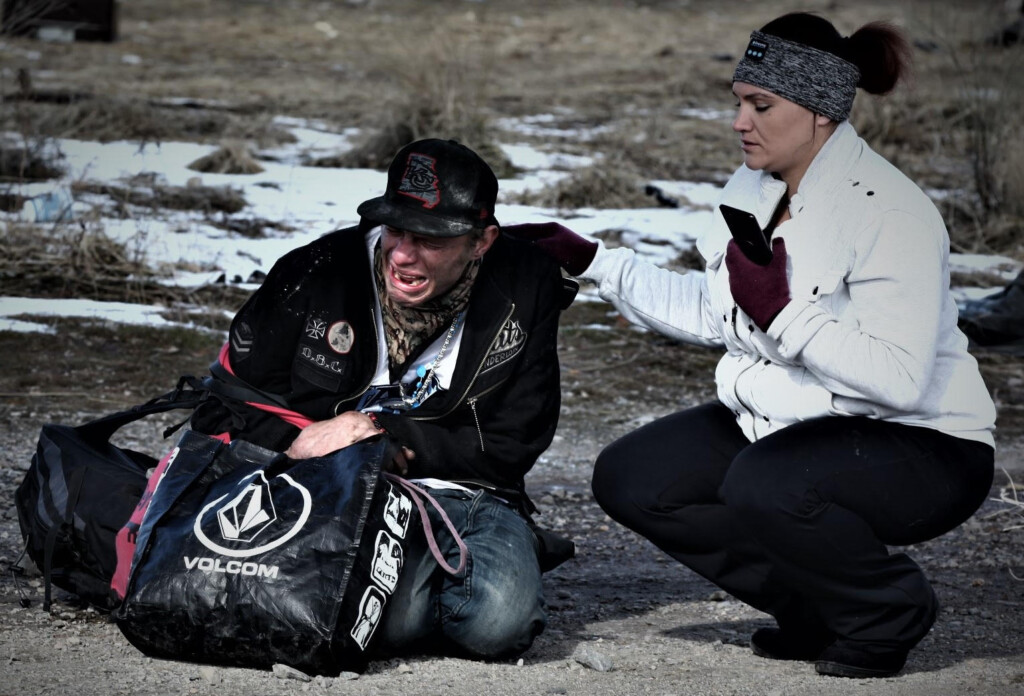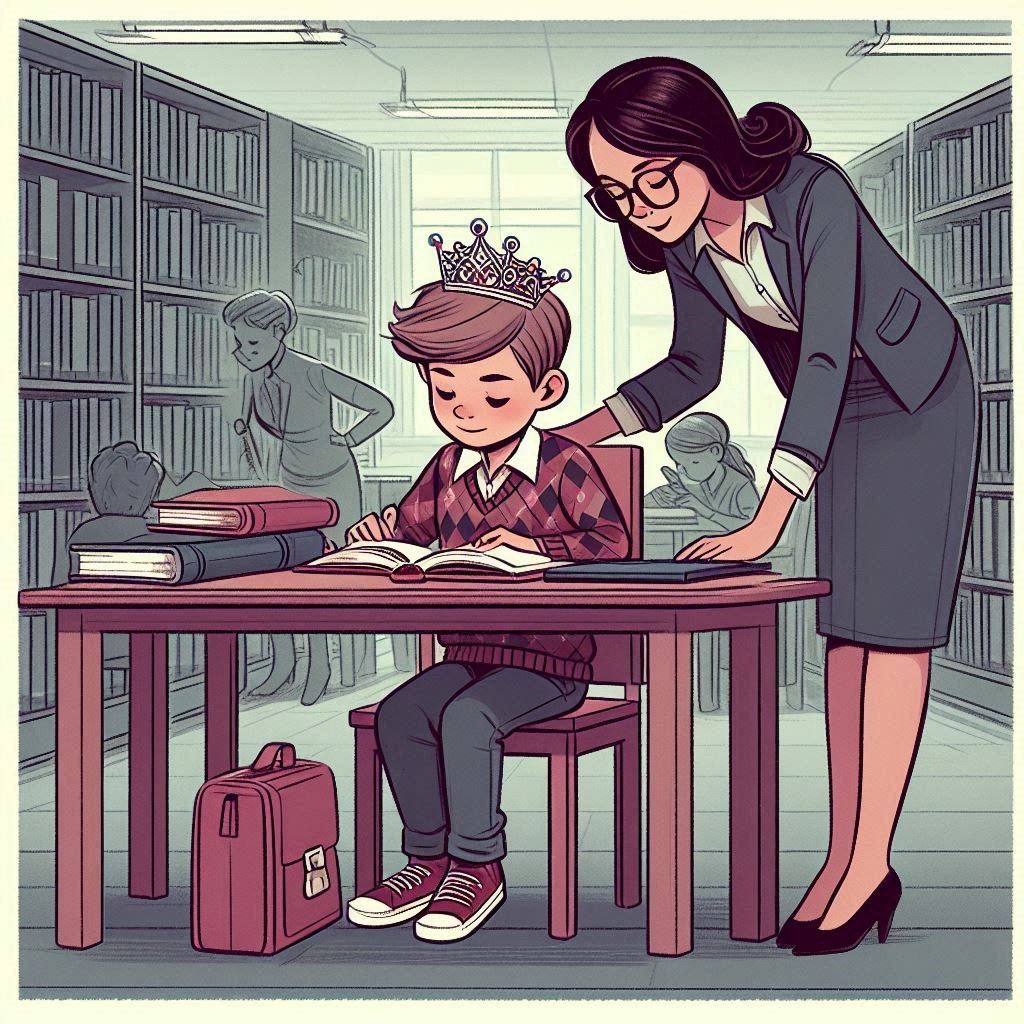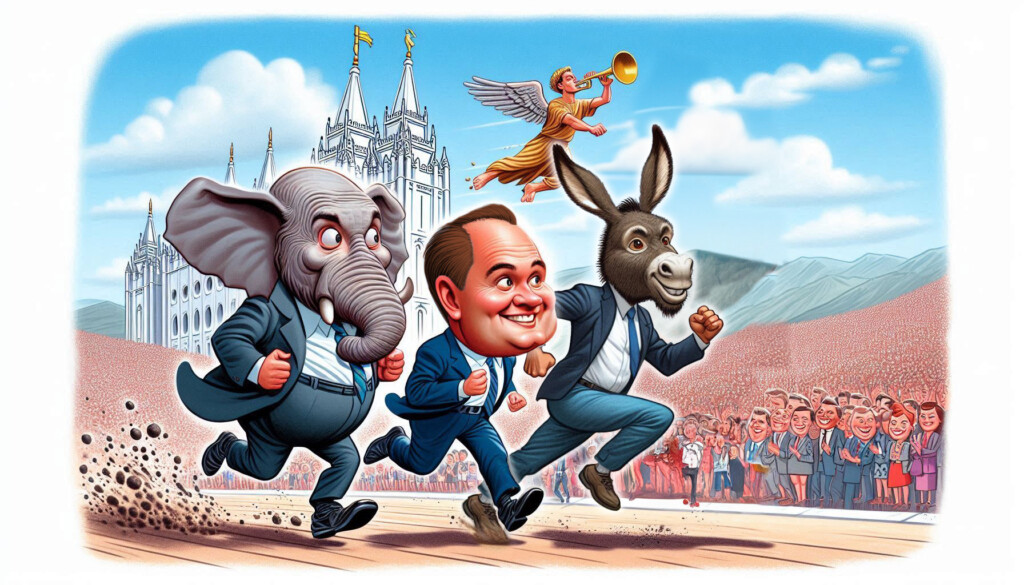There is a false dichotomy: downtown Salt Lake City residents cannot be both compassionate for the homeless and compassionate to business owners and residents.
Downtown Salt Lake City October 26th —Witnessing first-hand the temperature drop below freezing along with Salt Lake City Police’s futile tug-of-war against the Salt Lake City homeless community was something akin to watching the SS operate in their “jack-boot” squads. As the reality was setting in for the unsheltered that they would be braving a snowstorm outside in the cold, it was clear many were feeling desperate. Police/homeless encounters were happening all over downtown.
Driving around I witnessed a series of desperate situations of a community in peril. One woman named Rachel, who appeared to be suffering likely from mental illness and/or drug addiction, was handcuffed and then released by SLCPD. Her wrists were swollen and red. “They don’t give a f***!” she repeated. I brought her a simple lunch from Maverick, she waited for me sitting and crying muttering incoherent words.
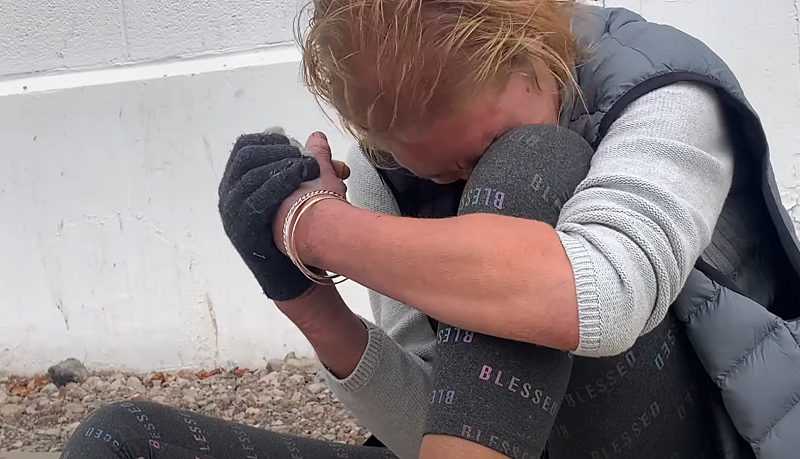
I drove on to the backside of the Rio Grande train station. A group of unsheltered men in a small homeless camp was starting to move carts and belongings around. When I approached they were negotiating a deal for a shopping cart full of dismembered bicycle parts. “$30 is a great deal for all of this!” They stopped when I asked them where they planned on going.
“I have no idea. There is no plan. We would like to stay here. This is where the services are.” said John with clear eyes and currently sober. His hands were incredibly large and dirty. He later told me he was working with copper wire the night before.
They were told by SLCPD that they needed to move or have their belongings thrown away. “You are lucky to get away with the backpack on your back.”
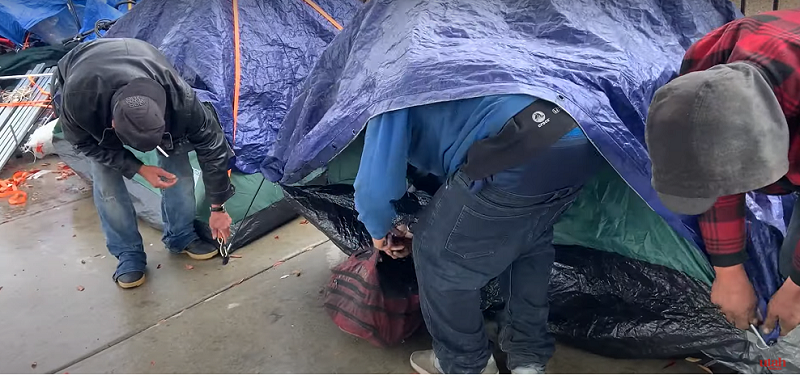
The men were located in the most logical area, near where they can get meals and showers, out of the way of the general population— near the Weigand Center and Saint Vincent’s Dining Hall. The entire scene appeared just cruel as the police approached to tell them for the last time that they needed to go while nowflakes and temperature were falling. “Just when we think we can start settling in they just come in and push us back down.”
John told me he became homeless after he lost his job at Big-D Construction. This happened after his truck and all of his tools were stolen about eighteen months ago. “After my entire livelihood was gone, and I lost my apartment, I just became depressed, and I couldn’t get out of bed.”
The understaffed SLCPD force has been given a terrible mandate: make those who are suffering, suffer even more.
Driving along 300 West out in front of the Salt Lake City Mission, two unsheltered homeless couples were fighting for space to camp where they could remain dry. The situation is dire for one simple reason: there is no secure place for hundreds, possibly up to 1,000 unsheltered people in Salt Lake City to stay warm.
If these people were a wave of Ukrainian refugees, we would put up FEMA tents and call in the National Guard and step in with food and a call for volunteers. However, because these are unsheltered homeless, many with drug addictions; many with psychological disorders; some who are recently homeless, priced out of the housing; some who are drug and sex traffickers– this is all somehow a new normal. We are more accepting of this because many larger cities have it even far worse than Salt Lake City. Still, we could be doing far better.
Why isn’t there a sanctioned campground? Why isn’t a new shelter, or even just a big camping area with security allowed? Because there is currently a stand-off between Wasatch Front Cities (Utah) and Salt Lake City leaders. Salt Lake City placed a moratorium on building any new shelters in the city. Utah leaders don’t want to step up because the shelters and the homeless resource providers keep asking for more money while offering little to no accountability for the money already provided. Those who have shown greater compassion to help the homeless have essentially been punished for their generosity.
“[Homelessness] isn’t just Salt Lake City’s problem, this is Utah’s problem. Cities and residents all over Utah need to step up,” said James Buchanan, Executive Director of the Pioneer Park Coalition.
Part two coming soon.
RELATED CONTENT
Why More Homeless Spending Is Resulting in More Homeless People
Releasing Murderers in Utah Needs to Stop, Says Danielle Ahn
The $300 Million Utah Homeless Question
Rampant Crime is Forcing Residents to Leave Ballpark Neighborhood in Salt Lake City
SUPPORT LOCAL JOURNALISM AND SUBSCRIBE TO PRINT MAGAZINE
Subscribe to Utah Stories weekly newsletter and get our stories directly to your inbox



